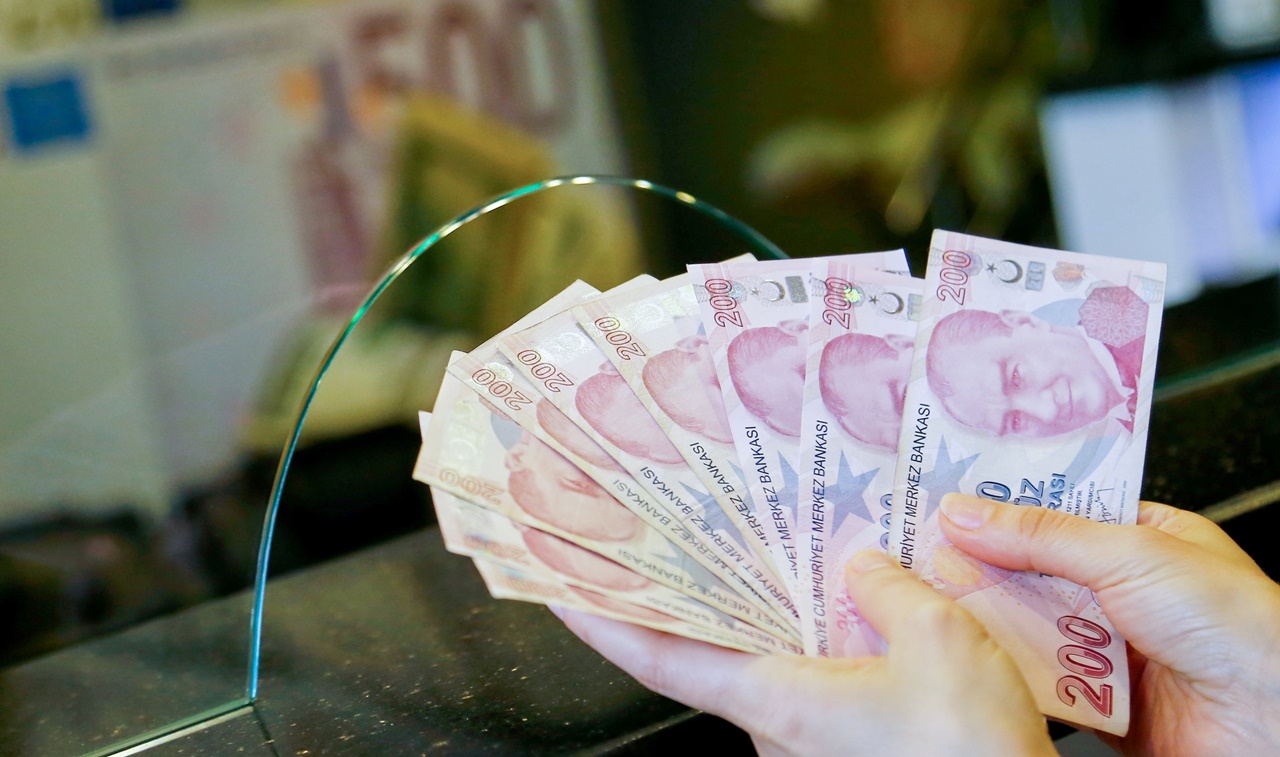Interest rate remained constant in Turkey

The Central Bank kept the policy rate constant at 14 percent. Expectations were that the bank would continue to keep the interest rate constant despite consumer inflation rising to 61.14 percent.
The decision to “strengthen the macroprudential policy set” in the statement drew attention.
The Central Bank (CBRT) decided to keep the policy rate constant at 14 percent at its meeting today.
Thus, the bank kept the interest rate constant in its fourth meeting in a row.
In the statement of the CBRT regarding the decision, “The Board evaluated that the growth rate of loans, including long-term Turkish lira investment loans, and the meeting of the accessed financing resources with economic activity in accordance with their purpose are important for financial stability. In this context, the Board decided to strengthen the macroprudential policy set.
Details on the macroprudential policy set were not provided.
In the statement, it was also stated, “The Board foresees that the disinflationary process will begin with the re-establishment of the global peace environment and the disappearance of the base effects in inflation, together with the steps taken for the establishment of sustainable price stability and financial stability.”
The bank, which does not use the interest weapon, which is its main tool against high inflation, pointed out that it will wait for “global peace” and “base effect” to reduce inflation.
The CBRT cut the interest rate from 19 percent to 14 percent in four meetings in September-December 2021, and after this move, exchange rates and inflation exploded.
The following statements were included in the statement of the CBRT:
The Monetary Policy Committee (Committee) has decided to keep the one-week repo auction rate, which is the policy rate, at 14 percent.
The ongoing geopolitical risks keep the downside risks on the global and regional economic activity alive and increase the uncertainties. Uncertainties in global food security, high commodity prices, increasing supply constraints in some sectors, especially energy, and high level of transportation costs lead to an increase in producer and consumer prices on an international scale. The effects of high global inflation on inflation expectations and international financial markets are closely monitored.
However, central banks of developed countries consider that the rise in inflation may take longer than expected due to rising energy prices and supply-demand mismatch. In this framework, although there is a divergence in the monetary policy communications of the central banks of developed countries due to the differing outlook in economic activity, labor market and inflation expectations among countries, central banks still maintain their supportive monetary stances and continue their asset purchase programs by reducing them.
Capacity utilization levels and other leading indicators point out that domestic economic activity remains strong, even if regional differences emerge, with the gradually increasing positive impact of foreign demand. While the share of sustainable components in the composition of growth is increasing, the risks arising from energy prices in the current account balance continue. It is important for price stability that the current account balance becomes permanent at sustainable levels. The Board considered that the growth rate of loans, including long-term Turkish lira investment loans, and the meeting of the financing resources accessed with economic activity in line with their purpose are important for financial stability. In this framework, the Board decided to strengthen the macroprudential policy set.
In the recent rise in inflation; Energy cost increases caused by geopolitical developments, temporary effects of pricing formations far from economic fundamentals, strong negative supply shocks caused by increases in global energy, food and agricultural commodity prices continued to be influential. The Board anticipates that the disinflationary process will begin with the re-establishment of the global peace environment and the elimination of base effects in inflation, together with the steps taken to establish sustainable price stability and financial stability. In this framework, the Board decided to keep the policy rate constant. The cumulative effects of the decisions taken are closely monitored, and a comprehensive policy framework review process that encourages permanent and strengthened liraization in all policy instruments of the CBRT continues in this period in order to institutionalize price stability in a sustainable manner.
In line with the main objective of price stability, the CBRT will resolutely continue to use all the tools at its disposal within the framework of the liraization strategy, until strong indicators pointing to a permanent decline in inflation emerge and the medium-term 5 percent target is achieved. The stability to be achieved in the general level of prices will positively affect macroeconomic stability and financial stability through the decrease in country risk premiums, the continuation of reverse currency substitution and the upward trend in foreign exchange reserves, and the permanent decline in financing costs. Thus, a suitable ground will be created for the continuation of investment, production and employment growth in a healthy and sustainable way.
The Board will continue to take its decisions in a transparent, predictable and data-oriented framework.
The Monetary Policy Committee Meeting Summary will be published within five business days.



